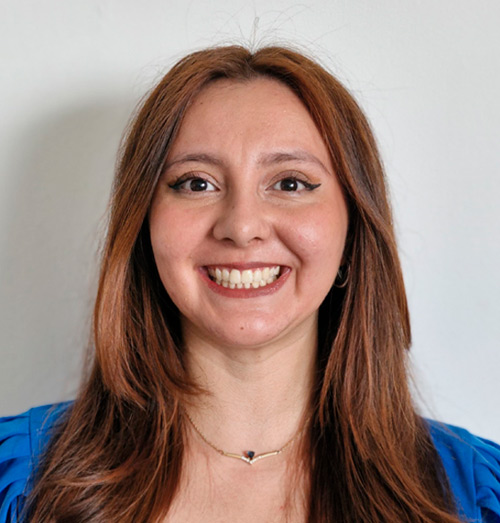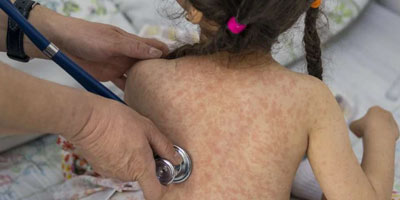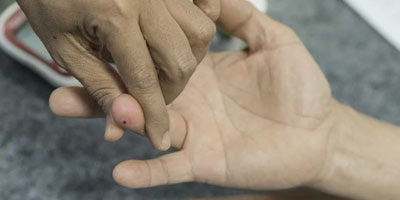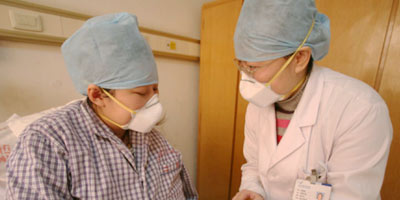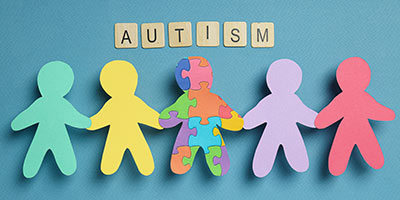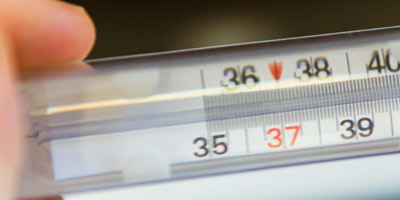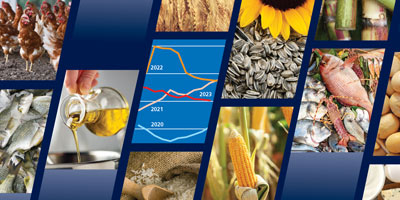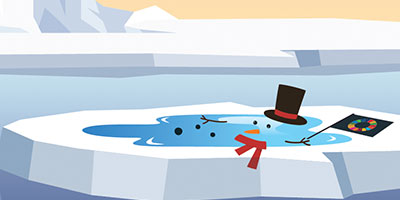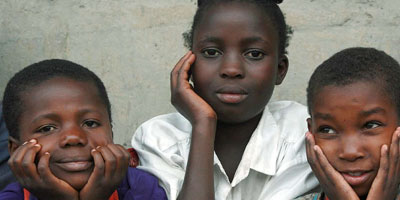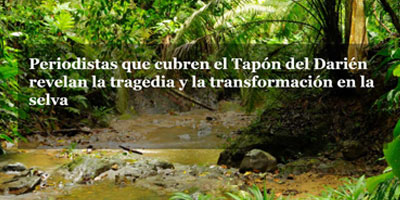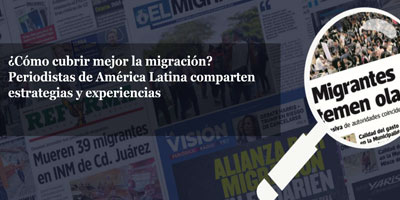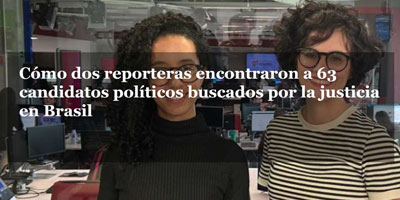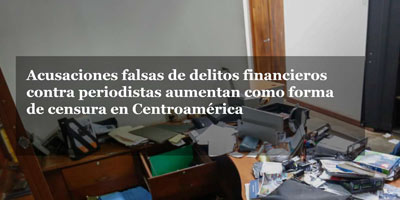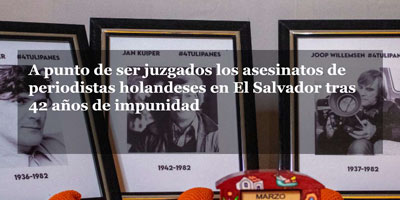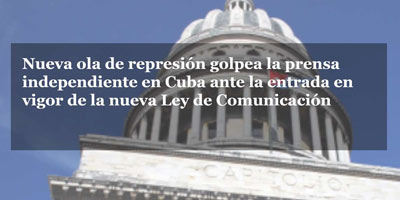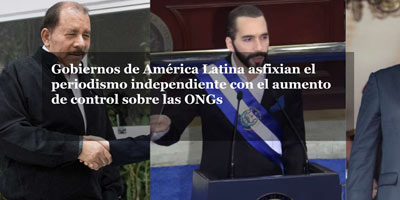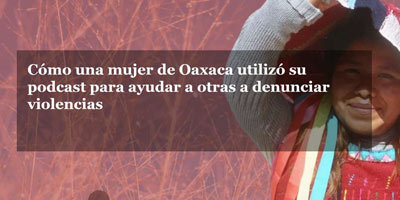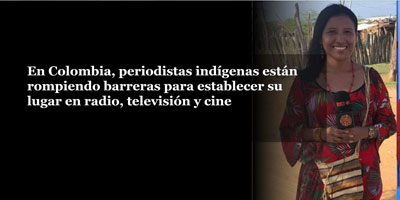
A different eLibro collection.
The eLibro Investigaciones Collection incorporates works into the eLibro platform that demonstrate the advancement of knowledge: scientific works, doctoral or master's theses, research conducted in academies or research institutes, journalistic investigations, and articles written in different disciplines.
How does this collection differ from others on the Internet?
1. eLibro's publication search mechanism.
2. The access that research will have to more than 11,000 libraries in Latin America and Spain.
Researchers want their research to be known.
3. The research will have quality control and will be in Spanish.

Journalistic Research
The advancement of knowledge in very diverse disciplines is generally known through journalistic research, through short notes or special reports.
These publications are very useful in teaching because they promote debate and present opinions of different natures.
Several examples are included here, from extensive UNESCO reports to short reports such as publications originally published by "LatAm Journalism Review".
Filter by Content
Medicine, Public Health, Childhood, Water.
Economy, Economic Development, Inequality, Poverty, Industrial Policy.
Food and Agriculture.
Environment, Pollution, Climate Change, Meteorology, Sustainability.
Computing, Artificial Intelligence, Digital Networks, Technological Changes.
Education, Social Changes.
Work, Employment, Labor Laws, Demographic Changes, Migrations.
Human Rights, Gender Violence, Marginalized Populations.
Politics, Financial Crimes, Corruption.
Journalism, Media, Wars.
Attention
Librarians:
To subscribe
to eLibro
contact a
Representative
in your country.
Representatives


